Tonight my mother said jauntily, “They told me
it was congestive heart failure––I suppose
that’s what it’ll be on my death certificate
but not today.” She was merry. No note of defiance.
She found it funny––is ninety-three––
was alert and amused, encountering new things,
surmounting them easily, handling them
with a happy word.
And I suppose that some day soon the only remaining
poetry will be about people in hospital rooms
for the comfort of others soon to be
in hospital rooms. And the only flower
remaining to combat the light
will sit little watered in a plastic pot
on the window ledge of a hospital room
where the poet once painted the deceased
overlooking the plant completely
to yearn through the dirty crystal to the sky.
it was congestive heart failure––I suppose
that’s what it’ll be on my death certificate
but not today.” She was merry. No note of defiance.
She found it funny––is ninety-three––
was alert and amused, encountering new things,
surmounting them easily, handling them
with a happy word.
And I suppose that some day soon the only remaining
poetry will be about people in hospital rooms
for the comfort of others soon to be
in hospital rooms. And the only flower
remaining to combat the light
will sit little watered in a plastic pot
on the window ledge of a hospital room
where the poet once painted the deceased
overlooking the plant completely
to yearn through the dirty crystal to the sky.
A. F. Moritz has written more than twenty books of poetry, most recently The Sparrow and As Far As You Know. His many honours include a Guggenheim Fellowship, the Award in Literature from the American Academy of Arts and Letters, the Griffin Poetry Prize, the Bess Hokin Prize, and an Ingram Merrill Fellowship. He currently serves as the sixth poet laureate of the City of Toronto, and as the Goldring Professor of the Arts and Society at Victoria College, University of Toronto.
Read A. F. Moritz interviewed by Lauren Peat.
Read A. F. Moritz interviewed by Lauren Peat.
The American night
Is the name of a tree
And a river of jazz
Parallel to history
In the morning
The trees are crazy
The horizon
Made of paper
Knife handle mother of pearl
Never angry in the morning
The history of music
Alive in the dead
Waiting for the double
Song within the song
The fog of the airport lifting light
To the setting sun
Two trees etched scribble
South of the real tree
I liked it so much
I changed the ending
Is the name of a tree
And a river of jazz
Parallel to history
In the morning
The trees are crazy
The horizon
Made of paper
Knife handle mother of pearl
Never angry in the morning
The history of music
Alive in the dead
Waiting for the double
Song within the song
The fog of the airport lifting light
To the setting sun
Two trees etched scribble
South of the real tree
I liked it so much
I changed the ending
Tony D’Arpino is an American poet living in England. His latest book is Floating Harbour (Redcliffe Press, UK). Recent poems in the Evergreen Review, Molly Bloom, Poetry Salzburg, and the Glasgow Review of Books.
Sometime in the early 6th century BCE, a 19-year-old girl living on an island somewhere in the Aegean Sea wrote a 300-line poetic lament to a lost childhood friend that took the Ancient Mediterranean by storm. Erinna’s poem—a paean, written in the dactylic hexameter of Homeric Epic—was entitled The Distaff and was dedicated to a girl named Baucis. Whilst Erinna’s poem was sadly lost to history, her legacy was not, and the sweetness of her verses earned her the nickname μέλισσα, Greek for ‘honey-bee.’ Despite the fact that nobody was actually reading her work, Erinna’s name retained its cultural currency for over 2500 years, until, in 1928, Italian archaeologists excavating at Oxyrhynchus stumbled upon a tattered piece of papyrus on which were inscribed fifty-four, half-legible lines; all pointing to Erinna’s missing opus.
![]()
![]()
*
![]()
![]()

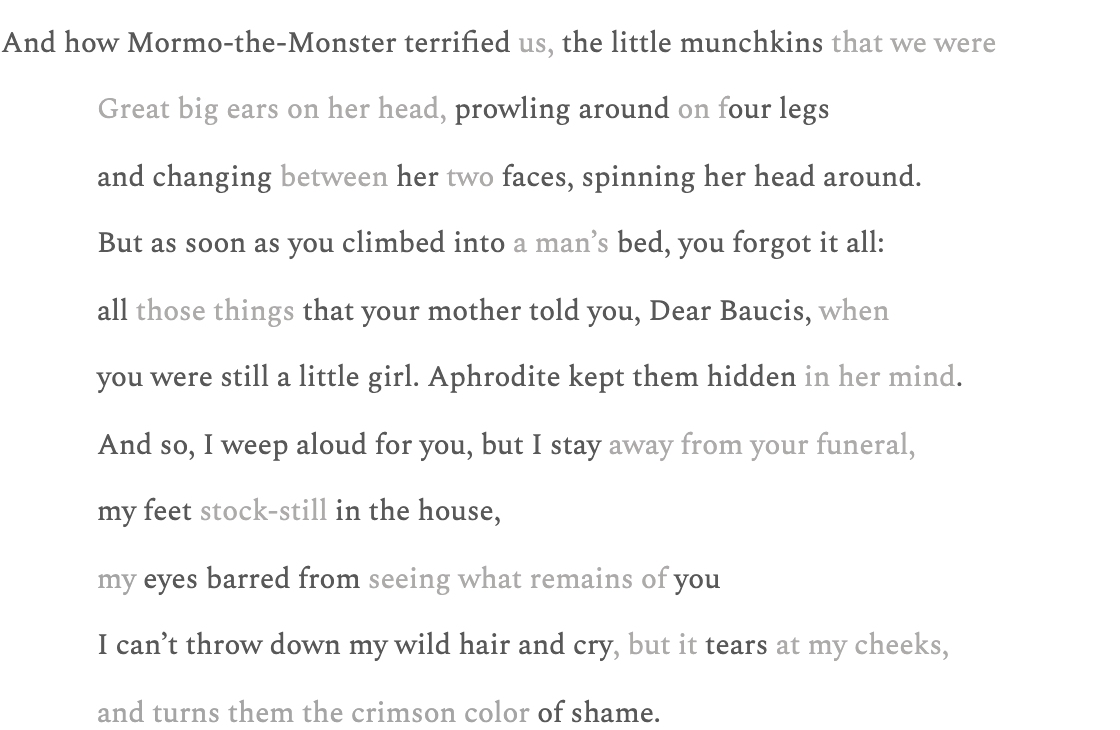
*


India Halstead teaches, researches and publishes work on Classical Mythology, Literary Translation, Gender and Sexuality and Poetry and Poetics. Under the supervision of Professor Emily Wilson, recipient of the MacArthur “Genius” grant for her translation of Homer’s Odyssey, she began writing poems of her own this summer. She was awarded the Laurel Wreath at The 2020 International Poetry Olympics run by Cerasus Press, with whom she is now working to publish a first solo collection
Read India Halstead on translating the poetry of Corinna and Erinna.
Read India Halstead on translating the poetry of Corinna and Erinna.
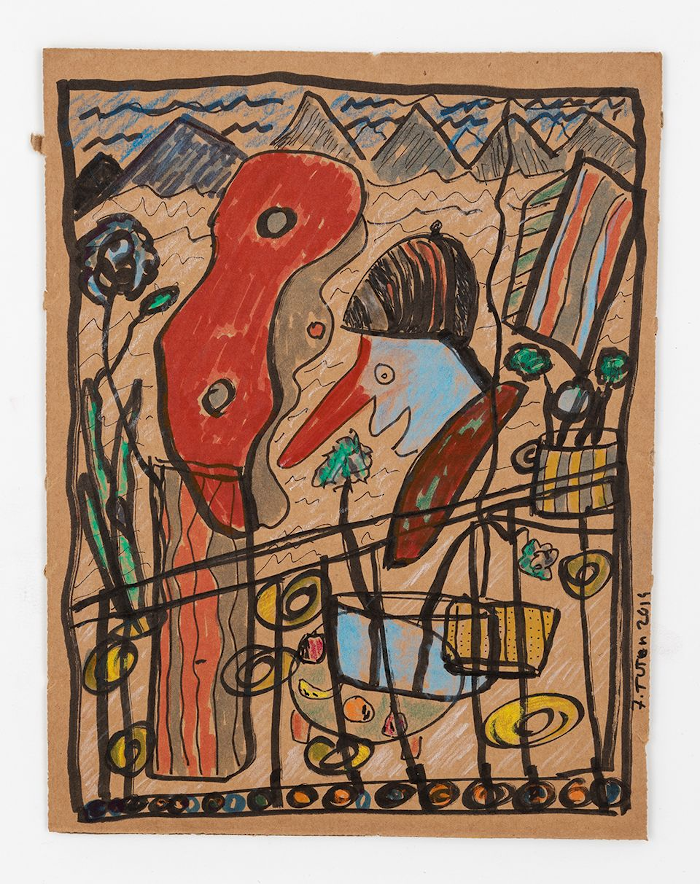
On a Terrace in Tangier
At dusk, silence. Everyone gone home. Then, the crazy racket of sparrows in the jasmine trees.
Mint tea, the sea and the mountains within sight.
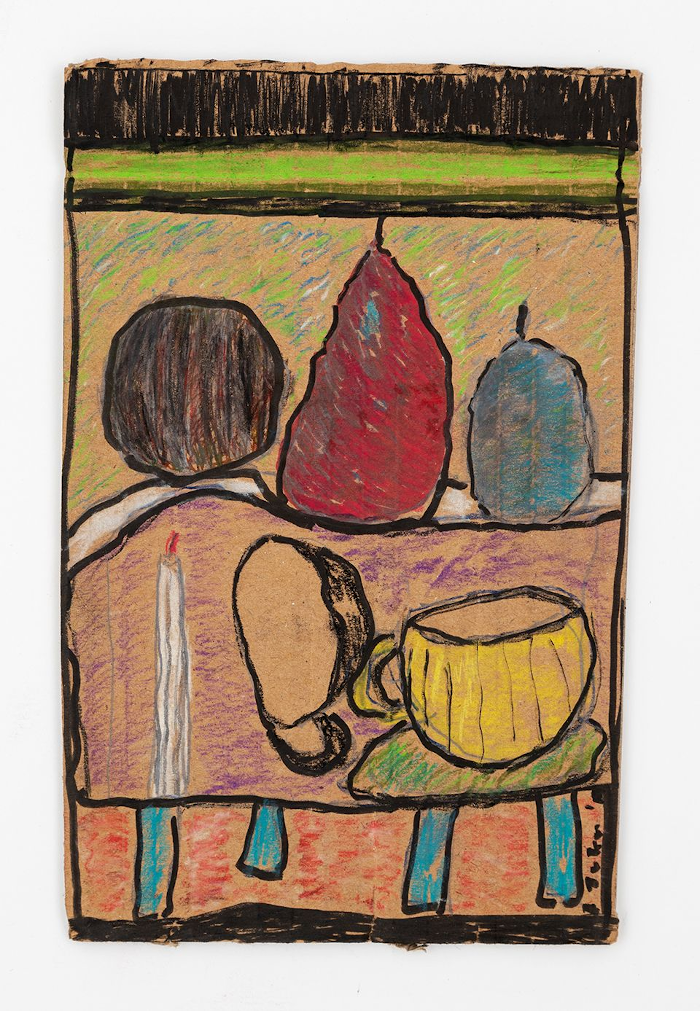
Van Gogh’s Breakfast
For a long time, I thought of significant form and sought it everywhere—in painting and sculpture mostly, but also in nature, in the form of persons.
It was Clive Bell’s essay that had put me up to the idea that all great art has significant form. I never understood his definition, if indeed he had provided one, but his examples seemed to boil down to Mycenaean sculpture, the essence of significant form, and to Periclean sculpture, its antithesis.
Also, in painting, whatever the period, it had to be underpinned by an immortal and irreducible structure akin to the elemental structures of geometry, like the art of Poussin and Cezanne. That is, art without decoration or embroidery, whose heat came from its form, whose content was itself.
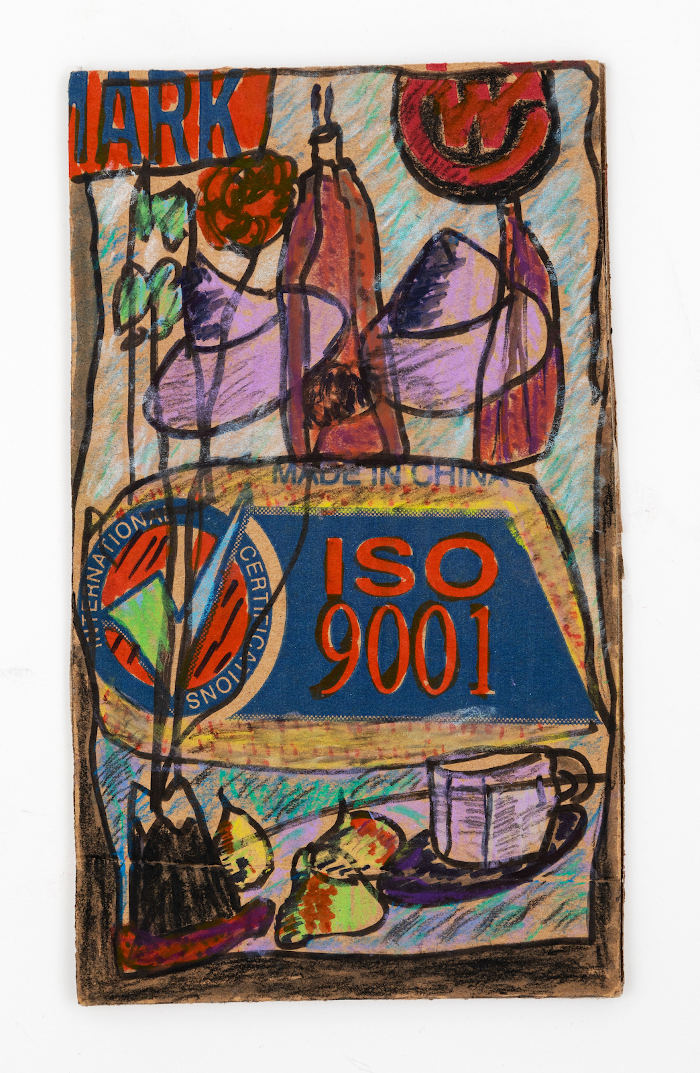
Sombreros in Love
Even sombreros yearn for love and search for the right partner.
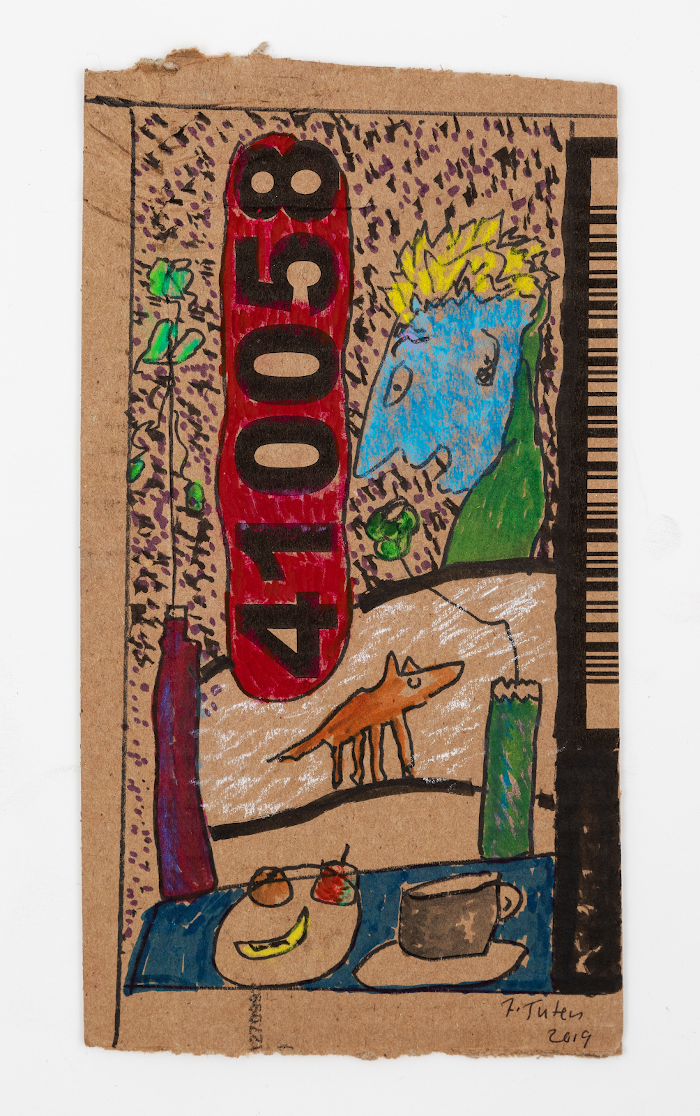
White Nights in Palermo
My grandmother, a Sicilian. We spoke Sicilian until I was nine. She told me of ruined towers oozing twelfth-century lime, and chalky fortifications with green capers hiding from the sun. We Sicilians are the sum of the Mediterranean, the Adriatic, and the Aegean. We are spawned by those waters. We have romantic teeth.

Van Gogh in Auvers-sur-Oise
He washed his gaunt face and patted down his hair with water. Crumbs of red earth and white paint still remained under his fingernails after brushing, and he thought of wearing the green gloves he had found under a slatted bench on the Seine a hundred or two years ago when he was still a shrimp in a bassinet, when he still thought love would come to him with a face like the North Sea. Blue eyes on a wild map. He made too much of such things then, fooling himself into hope. His own face, the freckled belly of a poached, bearded salmon, his eyes, glass marbles that went blue in the shade.
All text and artworks copyright Frederic Tuten for Les Derniers Jours, a work in progress.
Frederic Tuten grew up in the Bronx and later lived in Latin and South America and Paris. He was an actor in an Alain Resnais movie; taught with Paul Bowles in Morocco; co-wrote the cult-classic film Possession, and, along the way, earned a Ph.D. in literature. In addition to his memoir, My Young Life (2019), Tuten has published five novels; his book of inter-related short stories, Self Portraits: Fictions was published in the fall of 2010. “Van Gogh in Auvers-sur-Oise” is excerpted from “Lives of the Artists,” which was published in The Worlds of Joaquín Torres-García (Rizzoli, 2018).
Frederic Tuten grew up in the Bronx and later lived in Latin and South America and Paris. He was an actor in an Alain Resnais movie; taught with Paul Bowles in Morocco; co-wrote the cult-classic film Possession, and, along the way, earned a Ph.D. in literature. In addition to his memoir, My Young Life (2019), Tuten has published five novels; his book of inter-related short stories, Self Portraits: Fictions was published in the fall of 2010. “Van Gogh in Auvers-sur-Oise” is excerpted from “Lives of the Artists,” which was published in The Worlds of Joaquín Torres-García (Rizzoli, 2018).
Vortex
Back where I’m from,
the afternoon is like a dimension;
you crawl in through one end
and crawl out the other,
with half the day gone
*
Coffee Mornings
They keep sipping coffee,
they keep feeling empty.
*
Gladiator
Mother,
when I behave myself,
I feel
like a gladiator
trapped
in a tiffin.
*
Murder of an Autumnal Paris Evening
There was a girl in Khadee
under the Eiffel Tower;
her dress kept stabbing
the evening’s grey heart
like a rainbow-coloured sword
*
You Give Up On Your Homeland When
Being loyal to it
feels like
betraying yourself
*
Some Men
Some men,
when they see me on the road,
grind their teeth so hard, make
their engines growl so loud;
I know
they’ve ground me to gravel
in their minds
Back where I’m from,
the afternoon is like a dimension;
you crawl in through one end
and crawl out the other,
with half the day gone
*
Coffee Mornings
They keep sipping coffee,
they keep feeling empty.
*
Gladiator
Mother,
when I behave myself,
I feel
like a gladiator
trapped
in a tiffin.
*
Murder of an Autumnal Paris Evening
There was a girl in Khadee
under the Eiffel Tower;
her dress kept stabbing
the evening’s grey heart
like a rainbow-coloured sword
*
You Give Up On Your Homeland When
Being loyal to it
feels like
betraying yourself
*
Some Men
Some men,
when they see me on the road,
grind their teeth so hard, make
their engines growl so loud;
I know
they’ve ground me to gravel
in their minds
Naima Rashid is a writer, poet, and translator. Her first book was "Defiance of the Rose" (Oxford University Press, 2019). Her work has appeared in Asymptote, The Scores, Lucy Writers Platform, Visual Verse and other places and was long-listed for the National Poetry Competition (UK) 2019. Forthcoming works include a translation of the Urdu novel "Naulakhi Kothi" by Ali Akbar Natiq (Penguin Random House, India 2022).
©2026 Volume Poetry




